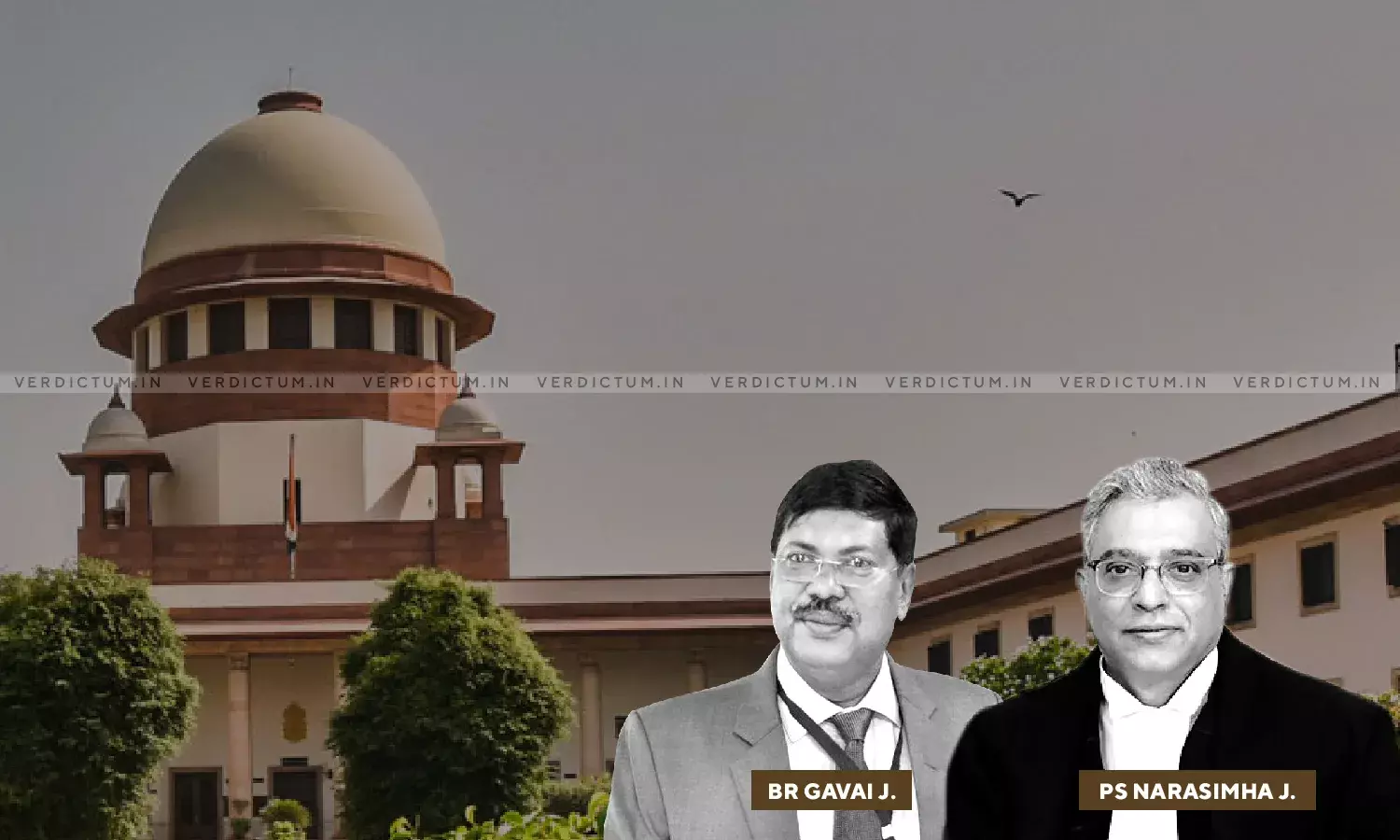Conflicting Dying Declarations - Supreme Court Explains How To Examine Multiple Dying Declarations
Conflicting Dying Declarations - Supreme Court Explains How To Examine Multiple Dying Declarations

While explaining the examination of conflicting dying declarations, the Supreme Court has held that Court must scrutinize facts of the individual cases very carefully if there are conflicting multiple dying declarations.
"In case there are circumstances wherein the declaration has not been found to be made voluntarily and is not supported by any other evidence, the Court is required to scrutinize the facts of an individual case very carefully and take a decision as to which of the declarations is worth reliance.", the Bench of Justice BR Gavai and Justice PS Narasimha observed.
The Court further held that the Courts below should examine whether such declaration was recorded at a time when the deceased was fit physically and mentally to make the declaration. The Court pointed out that the dying declaration can be the sole basis for recording conviction and no corroboration is required if it is found reliable and trustworthy.
The case pertains to one Makhan Singh who was convicted for the offence of dowry death by the Trial Court. Upon challenging the said decision before the High Court, the Court though reduced the sentence awarded from 10 years to 7 years, but concurred with the judgment and order of conviction.
Advocate R.K. Rathore appearing for the appellant-accused submittd that the trial court and the Appellate Court failed to consider the first dying declaration of the deceased where she had stated that she had consumed the medicine by mistake.
It was submitted that the death was accidental. He further submitted that the second dying declaration which was recorded after 3 days, was recorded after the parents of deceased had instigated her to implicate the appellant.
On the other hand, Advocate Piyush Hans appearing for the State contended that the courts below had rightly found that the first dying declaration was given by the deceased under the influence of her husband, whereas the second dying declaration was given by her independently out of her free will.
The Court noted that there were two dying declarations given by the deceased and in her first dying declaration she exonerated the appellant and his family members whereas in the second dying declaration she implicated the appellant as well as his parents.
The Court also noted that the first dying declaration was taken after taking doctor's opinion that she was fit to make the statement whereas the second dying declaration was taken without obtaining certificate of fitness from the Medical Officer to the effect that deceased was fit to make a statement. Further, it was admitted that during the second dying declaration no opinion was taken from any Medical Officer of the Hospital, where the dying declaration was recorded.
The Court also observed that the father and sister of deceased were present in the hospital during the second dying declaration.
Hence the Court held that the possibility of the second dying declaration being given after tutoring by her relatives cannot be ruled out.
"We therefore find that in the facts and circumstances of the present case, the first dying declaration (Ex. DO/C) will have to be considered to be more reliable and trustworthy as against the second one (Ex. PE). In any case, the benefit of doubt which has been given to the other accused by the trial court, ought to have been equally given to the present appellant when the evidence was totally identical against all the three accused.", the Bench noted.
Therefore, the Court set aside the order of onviction passed by the High Court and acquitted the appellant-accused.
Cause Title- Makhan v. The State Of Haryana
Click here to read/download the Judgment

